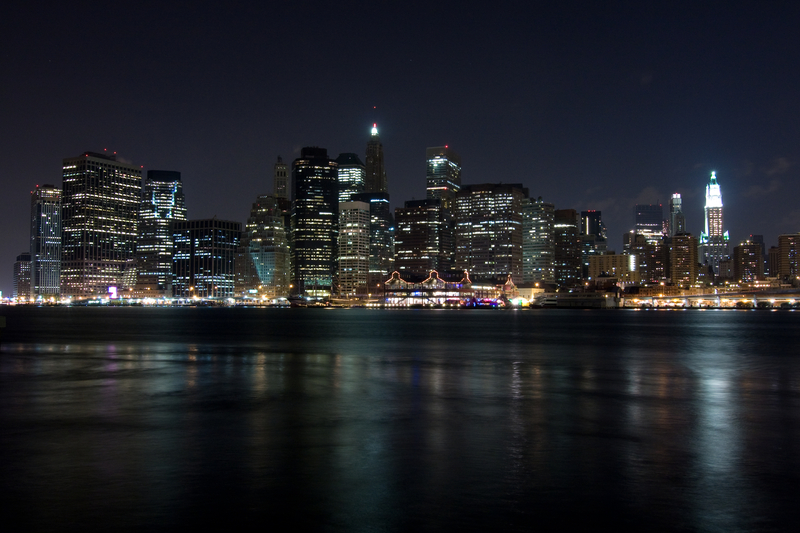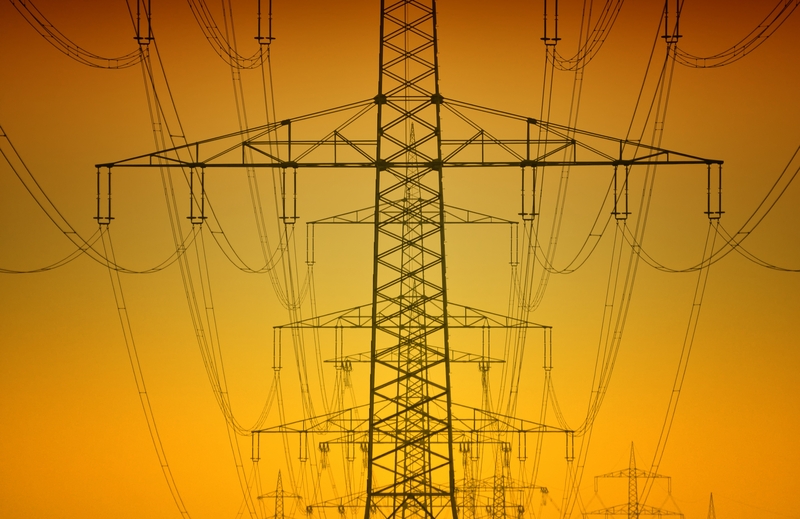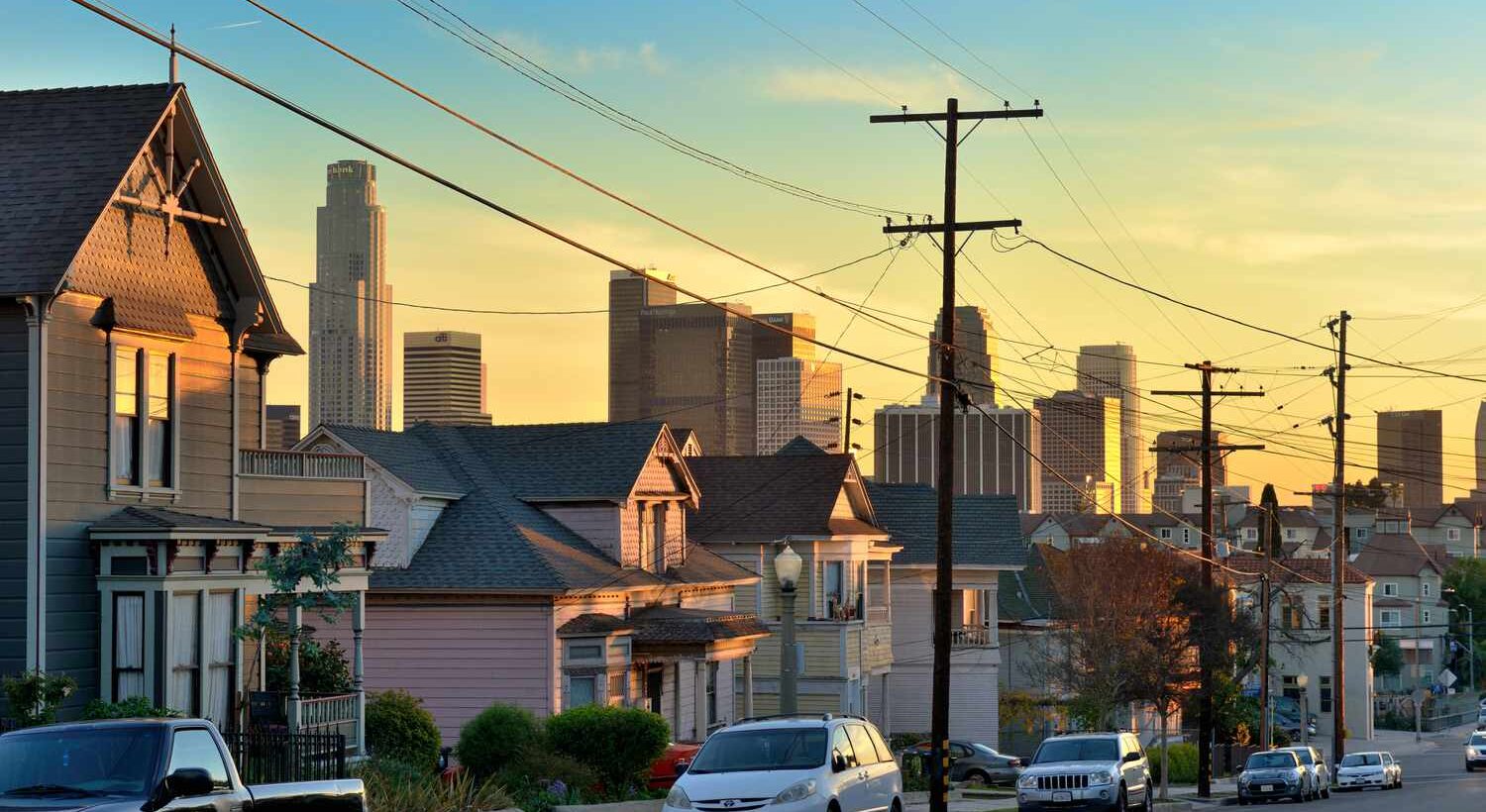This article is your complete guide to find out if electricity cheaper at night. The short answer is yes! While it typically depends on your local energy rates, energy at night is cheaper than during the day. In this post, we will help break down electricity pricing with peak and off peak hours, and exactly when electricity is the cheapest.
Here at The Energy Professor, we want to give you the information you need to not only save money on your energy bill but to also become more energy efficient. We hope find this post helpful! And makes it easier for you to know more about cheaper energy at night. Be sure to also check out our one-of-a-kind energy savings calculator!
The Energy Professor Electricity Rate Check Tool
Is Electricity Cheaper at Night?

Yes, generally electricity is cheaper at night. This is due to the reduced demand, leading many providers to offer lower rates during off-peak hours. These lower-rated hours are often between 11 PM and 6 AM but will depend on you specific energy plan. Time-of-use (TOU) rate plans will reflect this type of cheaper energy the most. Waiting for cheaper energy rates to start your chores like laundry or running the dishwasher can lead to substantial savings.
Peak vs Off-Peak Hours
- Peak Hours: These occur when electricity demand peaks, usually in late afternoons and early evenings, from about 4 PM to 9 PM. This coincides with heightened activity in homes and businesses. During these hours, electricity rates may surge as providers respond to the increased load on the energy grid.
- Off-Peak Hours: In contrast, off-peak hours are when the demand for electricity dips, often late at night through early morning. The decreased demand eases the burden on the energy grid, often leading to lower electricity prices. By planning high-energy tasks during these off-peak times, homeowners can capitalize on these reduced rates, optimizing energy usage and cutting costs.
Understanding peak versus off-peak hours helps homeowners schedule their energy usage. This approach to energy consumption not only fosters personal savings but also promotes a more balanced, efficient energy grid, contributing positively to the collective pursuit of energy sustainability.
Related Post: What is the Average Home Electricity Usage?
When is Electricity Cheaper During the Day?

Electricity rates generally dip during off-peak hours, often from 10 PM to 5 AM, though the exact timing can differ among providers. The most expensive time to use energy is during peak hours. Typically, electricity costs more, from 4 PM to 10 PM. For optimal savings, consider running energy-demanding tasks like laundry or using the dishwasher in off-peak periods, especially before 5 AM or after 9 PM.
What Time of Day is Electricity Most Expensive?
- 4 PM to 9 PM
Electricity is typically most expensive during the late afternoon and early evening, from around 4 PM to 9 PM. This is when homes and businesses are fully operational, and the demand for electricity peaks. Energy providers may implement time-of-use pricing plans, where electricity rates are higher during these peak hours to encourage consumers to shift their usage to less busy times.
Related Post: What Uses the Most Electricity in a House?
Is Electricity Cheaper at Night FAQ

Q: What are the typical off-peak hours for electricity?
A: Off-peak hours, when electricity is usually cheaper, typically range from 10 PM to 5 AM. However, these hours can vary based on your electricity provider and region.
Q: How can I find out if my electricity provider offers Time-of-Use plans?
A: Contact your electricity provider directly or visit their website. Most providers offer detailed information on their billing options, including Time-of-Use plans.
Q: What are some tips for saving money on my electric bill during peak hours?
A: Consider delaying high-energy activities like laundry, dishwashing, or charging electric vehicles until off-peak hours, usually late at night or early in the morning.
Q: How does using my appliances during off-peak hours benefit the overall energy grid?
A: By shifting your energy consumption to off-peak hours, you help balance the load on the energy grid, reducing the risk of overloads and contributing to a more sustainable and efficient energy system.
Q: Can the weather affect my electricity rates during peak and off-peak hours?
A: Yes, extreme weather conditions can increase energy demand (e.g., for heating or cooling), potentially affecting electricity rates even during typical off-peak hours.
Do you Need Cheaper Electricity?
If you’ve taken the time to understand the information on your bill and discovered you’re paying more than you’d like for your electricity, have you looked around for a cheaper deal? The Energy Professor has a wealth of information on ways to save on your utilities, including details of top deals that could significantly reduce your monthly or quarterly electricity bills.
We hope you found this article helpful! If you are looking for ways to increase energy efficiency and sustainability in your home be sure to take a look at all of the latest renewable energy options in your area. The Energy Professor helps residential and small business owners find qualified energy suppliers in New York, New Jersey, Pennsylvania, Texas, Ohio, Maryland, Illinois, and Massachusetts.


